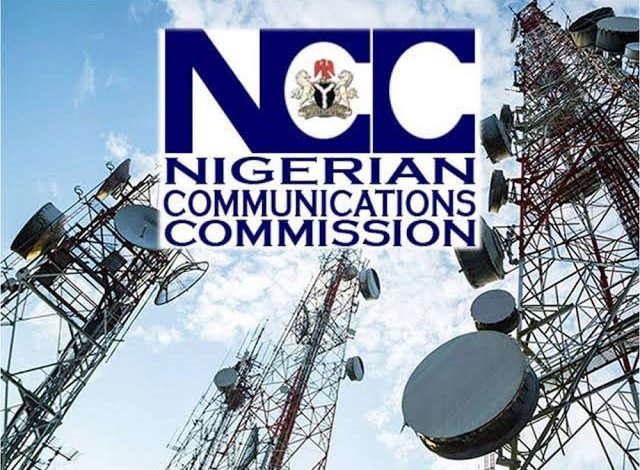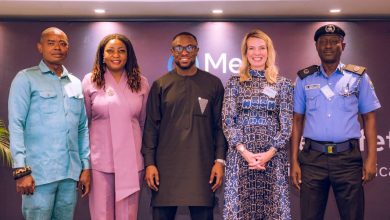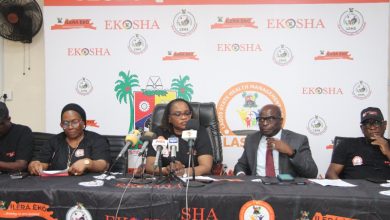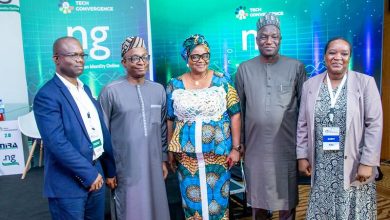
By Juliet Umeh
Despite the progress Nigeria has made in digital development, a vast majority of rural communities remain cut off from the online world.
According to the Nigerian Communications Commission, NCC, only 23 percent of rural areas currently have access to the internet, compared to 57 percent in urban locations — a gap that continues to widen Nigeria’s digital divide.
The Executive Vice Chairman of the NCC, Dr. Aminu Maida, shared this sobering reality during the Rural Connectivity Summit held in Lagos on Wednesday. The event, organised by the Rural Connectivity Initiative, brought together stakeholders committed to bridging the gap between Nigeria’s connected and unconnected populations.
Maida described the situation as one of the biggest challenges to inclusive national development, warning that millions of Nigerians risk being left behind if intentional efforts aren’t made to expand digital access.
Maida said: “A community without digital connectivity is functionally invisible — cut off from modern education, healthcare, markets, and opportunity.
“This digital invisibility is an unacceptable situation we must act decisively to end.”
The NCC boss stressed that closing the connectivity gap is not just about technology — it’s about national growth and human potential. With Nigeria’s broadband penetration now at 48.81 percent, Maida noted that even a modest 10 percent increase in broadband access could boost the country’s GDP by up to 1.38 percent.
To make that growth possible, the NCC, through its Universal Service Provision Fund, USPF, is driving several projects to expand connectivity in underserved and unserved areas. Initiatives like the Rural Broadband Initiative (RUBI) and Accelerated Mobile Phone Expansion (AMPE) are helping deploy critical infrastructure in commercially non-viable regions.
The Commission has also delivered more than 2,500 educational projects and distributed over 100,000 computers to schools across Nigeria, while e-health programmes are linking remote clinics to major hospitals through telemedicine.
Maida also commended the efforts of some state governments that have reduced or removed Right-of-Way, RoW, charges, a key policy that lowers the cost of broadband deployment.
“We appreciate the 11 states that have adopted zero RoW charges and the 17 others implementing the N145 per linear metre benchmark,” he said. “We urge other states to align with this policy to accelerate broadband rollout.”
However, he expressed deep concern about rising cases of vandalism and infrastructure theft, noting that between January and August 2025 alone, operators recorded over 19,000 fibre cuts and more than 3,000 cases of equipment theft.
“These acts don’t just delay service delivery; they also erode investor confidence and diminish the quality of experience for millions of users,” he said.
Dr. Maida reaffirmed the NCC’s commitment to ensuring universal and meaningful connectivity for all Nigerians, calling for stronger collaboration between government, operators, and local communities.
“Connectivity is no longer a luxury — it’s the foundation for economic participation, innovation, and security,” he concluded. “Together, we can unlock the full potential of rural Nigeria through digital inclusion.”




